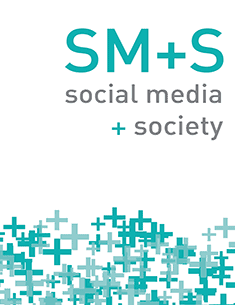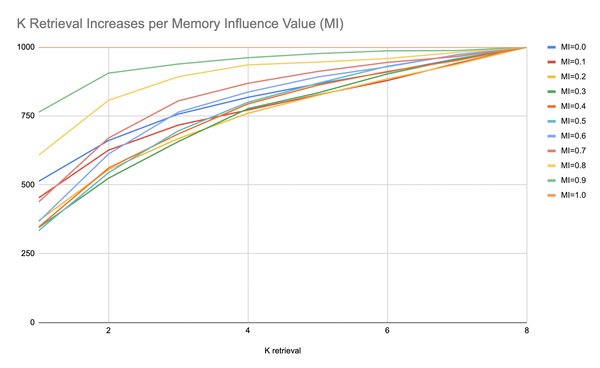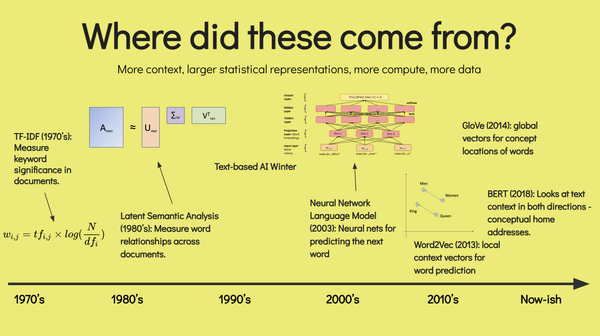Game or measurement? Algorithmic transparency and the Klout score

Cornelius Puschmann and I wrote up an interesting and short paper about serious complaints with Klout, a now less important, but at the time very important website dedicated to scoring the influence of individuals. In short, we argued that influence is inherently contextual, that a commercial platform necessarily prioritizes monetization over any legitimate measure, that an opaque algorithm is problematic, and that users need agency in defining their influence. You can read a short version of the paper below and view my presentation below along with the abstract.
Abstract
Klout is an Internet service that claims to measure an
individual′s influence by aggregating information from a variety of social media platforms. We briefly examine Klout′s approach to measuring influence and argue that the Klout score′s lack of algorithmic transparency undermines its status as a trustworthy metric. We further argue that Klout and similar services “gamify” the notion of influence in ways that encourage competitive behavior among users in ways which are detrimental to the quality of measurement in a scientific sense, instead encouraging a gamified notion of influence. We conclude that only an approach to measurement that is based on transparency has a real chance of gaining trust, and that only a widely trusted metric may serve as a reliable indicator of influence. Beyond the case of Klout, context, theoretical soundness, algorithmic transparency, and user agency are general issues that must be dealt with for any entity attempting to measure influence in online social networks




